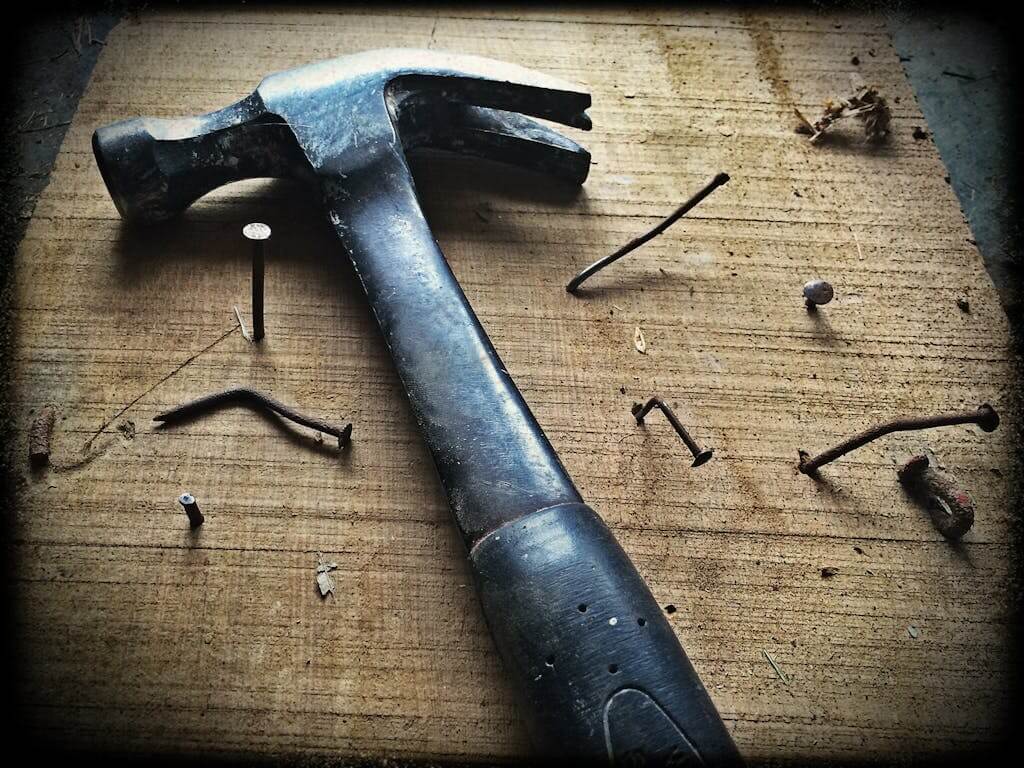
Construction Defect Attorney in Las Vegas
Getting Justice for Las Vegas Homeowners
When you purchase a home or have significant additions and/or repairs made to your residence, the builders, contractors, and other persons who provide those services necessary to complete the construction are expected to meet basic standards of performance for the work they do.
If the work is not done properly and property damage occurs or mistakes are made that create the risk of injury or property damage, you have the right to get the defect corrected and recover from the persons or companies responsible for your property damage.
In Nevada, homeowners and the representatives of homeowners associations must comply with the provisions of Chapter 40 of the Nevada Revised Statutes (NRS) to bring construction defect claims against a contractor or other professional involved in the construction process.
Given the complexity of the process, a homeowner seeking justice would be well advised to hire a good construction defect attorney in Las Vegas. At Paul Padda Law, our team of attorneys and professionals can help you with your construction defect claim. Attorney Sri Shah of our firm spent many years of her career, prior to joining Paul Padda Law, handling construction defect claims and is highly respected in the industry. She has the respect of the judges and other attorneys that handle these types of cases. If you’re a homeowner dealing with a construction defect, call us today at (702) 707-7000 and let us help you assess your rights.

What is considered a Construction Defect in Las Vegas?
Nevada law defines “constructional defect” as a defect in the design, construction, manufacture, repair or landscaping of a residence or other building secondary to a residence that:
- presents an unreasonable risk of injury to person or property or
- caused property damage because of poor workmanship
Construction defects can occur at any point during the construction process and may be discovered relatively quickly or not for a considerable period of time.
Common Types of Cases We Handle
Among the most common types of construction defect type cases that our firm handles are the following:
What are the Causes of Construction Defects in Las Vegas?
There are four main areas in construction where defects most often occur.
- Subsurface defects – if the soil is not properly prepared it may not be stable and the movement can result in damage to the structure.
- Design defects – when the plans for a house or commercial building do not meet legal specifications, they are defective
- Material defects – result when lesser quality materials or materials inappropriate for the construction project are used
- Workmanship defects – occur when those involved in the building process fail to perform their tasks adequately


Types of Construction Defects
Construction defects can be either patent or latent.
- Patent defect – A patent defect is one that is clearly noticeable or discovered upon reasonable inspection.
- Latent defect – A latent defect is one that is concealed or hidden and may not be discovered until damage occurs.
Some of the most common examples of damage caused by construction defects include cracked slabs, defective foundations, water leaks or intrusion, defective stucco, defective soil conditions, existence of mold and electrical and plumbing problems.
What Gives You the Right to Bring a Construction Defect Claim?
Claims for construction defects arise from your agreement with the contractor or because of the behavior of the contractor or others during the performance of the work that was done. And the law often imposes additional responsibilities on those who provide construction-related services. In most construction defect cases, a party sues under a breach of contract theory. This requires the party suing to show (1) the existence of a valid and enforceable contract, (2) plaintiff’s performance under the contract, (3) defendant failed to perform under the contract without excuse or justification and (4) damages to the plaintiff (the party bringing the claim or lawsuit).
If you didn’t get what you were promised in the condition it was supposed to be delivered in or the law has given you other options, you’re entitled to recover from those who did not do what they were supposed to do and caused you damage.
Parties Responsible for Construction Defects in Las Vegas
The persons liable for construction defects are those that had the responsibility for the defect that occurred and can include:
- Contractors – Contractors are responsible for the workmanship of the construction project. They hire the people who complete the work and they often obtain the materials.
- Architects and Engineers – Architects and engineers are the professionals involved in design and site preparation.
- Landowner – The landowner may have provided inaccurate information to the builder or designers and relying on that information resulted in the defect.
- Materials manufacturer – Manufacturers of materials that are defective for their intended purpose can be liable for the resulting damage.
Time Period for Making Construction Defect Claims
You can make a claim for a construction defect up to 10 years after substantial completion of the work. The 10-year period applies to both patent and latent defects but will not apply if acts of fraud caused the defect.
Substantial completion is reached when any of the following occur.
- final building inspection conducted
- notice of completion is recorded
- certificate of occupancy issued
Note: Although Nevada’s 10-year statute of repose applies to construction defect claims generally, your specific type of claim may have a shorter statute of limitations – for instance, a personal injury or wrongful death claim has a 2-year statute of limitations. It’s important to know the exact timeline for the type of claim you are making even if it did arise from a construction defect.
What You’re Entitled to Collect Under a Chapter 40 Claim
The damages you can recover in a Chapter 40 claim are economic and related to property damage only.
- reasonable cost of repairs
- reasonable expert fees
- litigation costs (potentially also attorney fees)
- reduction in market value
- loss of use
- temporary housing/relocation costs
- incidental property damage
- reasonable costs to assess and evaluate the defect
How to Make a Claim for a Construction Defect in Las Vegas
Nevada’s construction defect laws are designed to encourage those with construction defect claims and those against who the claims are made to try and resolve their differences before filing a lawsuit.
When a construction defect is first discovered, written notice must be sent to the contractor detailing the defect, its cause if known, and any resulting damage or injury. The contractor is then allowed to inspect the property and given the opportunity to correct the defect and repair any damage. The contractor may also make an offer of financial compensation to the claimant.
If the parties cannot agree, the matter must be submitted to mediation before filing a lawsuit – unless the contractor agrees to skip the mediation and go right to court.
Chapter 40 claims must follow specific procedures within stated time periods as set out in the statutes. Failing to follow the correct procedure or not acting in good faith can jeopardize a claimant’s ability to recover fully for the expenses associated with a construction defect.
Collecting From Your Contractor and the Nevada Residential Recovery Fund
Your contractor may agree to compensate you or be directed to do so by a court. However, collecting the money may not be all that easy. When all other attempts at collecting from your contractor have failed, Nevada offers a bit of relief to qualified applicants.
As part of their licensing requirements, residential contractors in Nevada are required to contribute to a recovery fund. The fund reimburses homeowners harmed by the failure of their contractors to perform services adequately. Only actual damages can be recovered and the maximum payment on any one claim is $40,000.
Claimants without judgments have only 4 years from the date the work was completed to make their claims to the Nevada State Contractors Board (NSCB). Claimants awarded judgments from a Nevada court have 2 years from the judgment date to make a claim.

Contact a Las Vegas Construction Defect Attorney Today
At Paul Padda Law, our attorneys have significant experience handling construction defect cases. These are often complicated cases requiring the selection of appropriate experts that can help make a strong case in your favor. If you’re looking for outstanding construction defect attorneys to represent you, you need to call us today at (702) 707-7000 or get in touch with us through this website.

